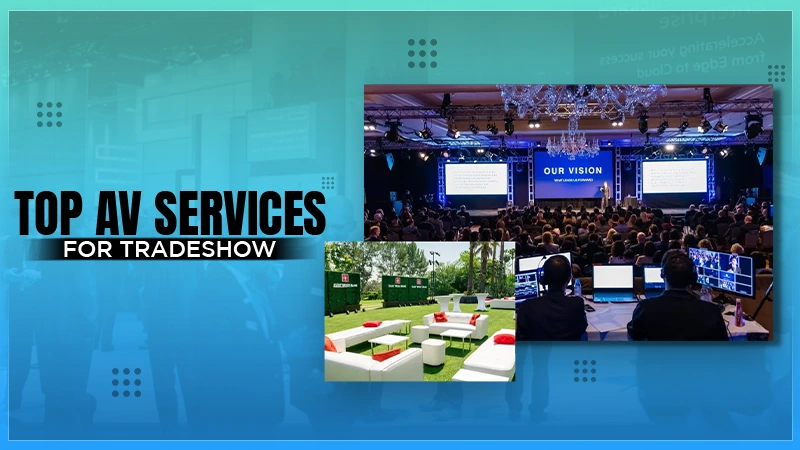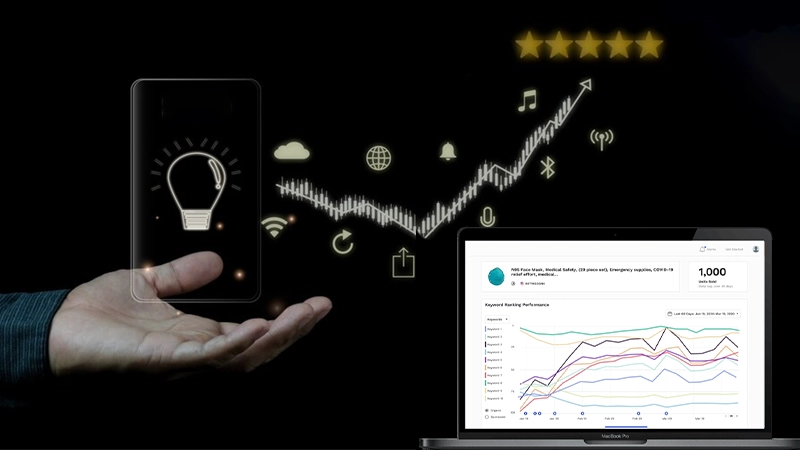Millennials: Who Are They and How Do You Market to Them
The generation of those born between the mid-1980s and the early 2000s is often referred to as millennials. This nomenclature was devised to account for the calendar conversion from the 20th century to the new millennium. They are frequently the children of the generation known as the Baby Boomers. Based on their shared experience of coming of age during this time of history, some attributes are considered common among those of this generation. Now that they are taking their place within society as adults, their impact on public life has prompted changes in public policy, economic trends, and the job market. When it comes to millennials, understanding how to market to millennials, a subgroup of the American market is based on understanding what motivates and inspires them.
Common Millennial Characteristics
Many of the characteristics often attributed to millennials focus on their fewer desirable commonalities. From the perspective of older generations, they are perceived as entitled, perhaps even spoiled. This is the first generation to benefit from the notion that all effort and contribution are praise-worthy. The phrase “everyone gets a trophy” is a frequent hallmark descriptor of this group. The idea suggests the little effort is required to receive compensation or reward. The long-lasting expectation is that it would result in unrealistic expectations for minimal effort.
On a positive note, this generation has essentially grown up with technology. From the widespread use of baby monitors, video games, internet access, and digital technologies to enhance education, millennials see technology as an integral component of everyday life. They have an innate trust in technology and its contributions to making life easier, more efficient and allowing those who yield that technology to invest more time in their hobbies and interests.
Where generations before them may see the ultimate workplace consequence of being sent home from work (and therefore losing the opportunity to earn pay for the day), millennials would consider that as much a reward. For the millennial, being sent home would be an additional opportunity to invest in family time or pursue other tasks. For this worker, the ultimate on-the-job consequence would be to have them pay for their work docked or reduced. For the millennial, receiving less than what is perceived as the complete and deserved compensation would be the ultimate insult.
Millennials tend to rate extrinsic values such as fame, wealth, and possessions over intrinsic concepts such as self-acceptance, group benefit, and community. They work from the perspective that those seeking to reach their own highest actualization will positively impact the collective.
Finally, millennials have a very open-minded perspective on how others should live and conduct their lives. They are typically more supportive of whatever type of lifestyle their neighbors or coworkers may choose to lead. This comes from a departure from the idea of absolute truth. For a millennial, truth is in the eye of the beholder.
Marketing to The Millennials
When it comes to creating a marketing campaign for those born between 1980 and 2000, there are two primary targets to aim for. The first is to highlight how the goods or services can allow the millennial to focus more time on life’s pleasures and identify. The other is to highlight and demonstrate confidence in the used technologies.
Quality of life
The millennial will want to know how this good or service will ultimately translate into their ability to live their best life. Focus on how the product can enhance their family time, leisure activity, or quality of life. For services, can the service be shown to free up time in their busy schedule so they can enjoy the fruits of their labor?
Cutting-Edge Technology
Given their high-degree of faith in technology, emphasize any equipment or procedures that utilities whatever technologies may be considered new and advanced within the chosen industry. Given a choice between two vendors, a millennial may be swayed by whichever one is perceived to be more innovative and open to new methods or seeks to be a leader on the technological front. It’s important to note that all industries have their technology, so do not confuse that technology and the digital world are not always the same.
Consider Simultaneous Campaigns
Because millennials place such a high value on the individual, a marketing strategy may need to be categorized to adapt to each target market’s subset. The millennial who received your marketing material will likely be turned off if the material reads too strongly as a mass-marketing pitch. Look for ways to uniquely speak to a smaller segment of the target market to answer their need to be recognized as individuals.
Use Digital Correspondence
For previous generations, technology and personal connections were mutually exclusive. For millennials, they are not. To reach out to these younger adults, use digital platforms to get your message out there but keep your message personalized and individualized.
Follow the Metrics
One of the easiest ways to focus on the millennials’ market is to track their history and habits. Given that they are likely to conduct the bulk of their business engagements in the world of e-Commerce, their habits and tendencies can easily be calculated to see what works and what doesn’t. It can be possible to cross-reference multiple streams of data to develop a better campaign. While this may not be easy, the likelihood of success is higher when it can be specifically applied.
Social Media Ads
Advertising on social media platforms has become highly sophisticated. Again, this area may sound complicated and may require an investment, but the expected return on the investment may be well worth it with this demographic. Many millennials will often search for a vendor for whatever product or service they are looking for. Utilizing their platform for an ad for those in the geographical region can offer significant viewership results. Don’t assume that these types of ads are overlooked. They may get little attention until they are needed, but the awareness of their presence will already be cemented in their periphery.
Host a Function
If your business has a way to integrate a social component to bring a crowd into your location, this can be a great way to promote. This will create positive feelings regarding the business and allow for a way to promote the event across platforms without necessarily promoting the company itself.
When it comes to millennials, they are now in the marketplace. Any campaign that does not account for this demographic may be short-lived. Considering the characteristics that make the group unique compared to previous generations will help build a connection with this group and continue to enjoy serving them in the years to come.
Follow Us
Latest Post
















